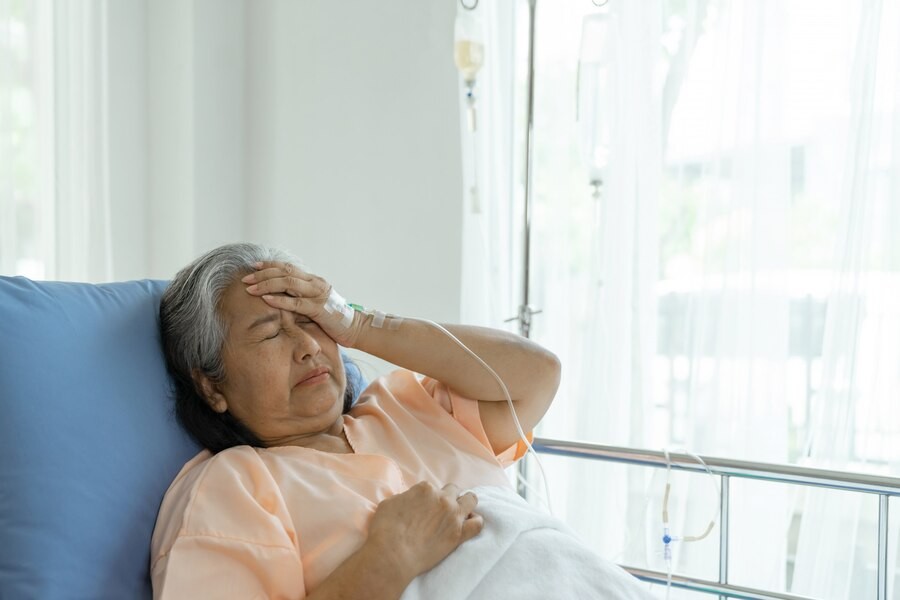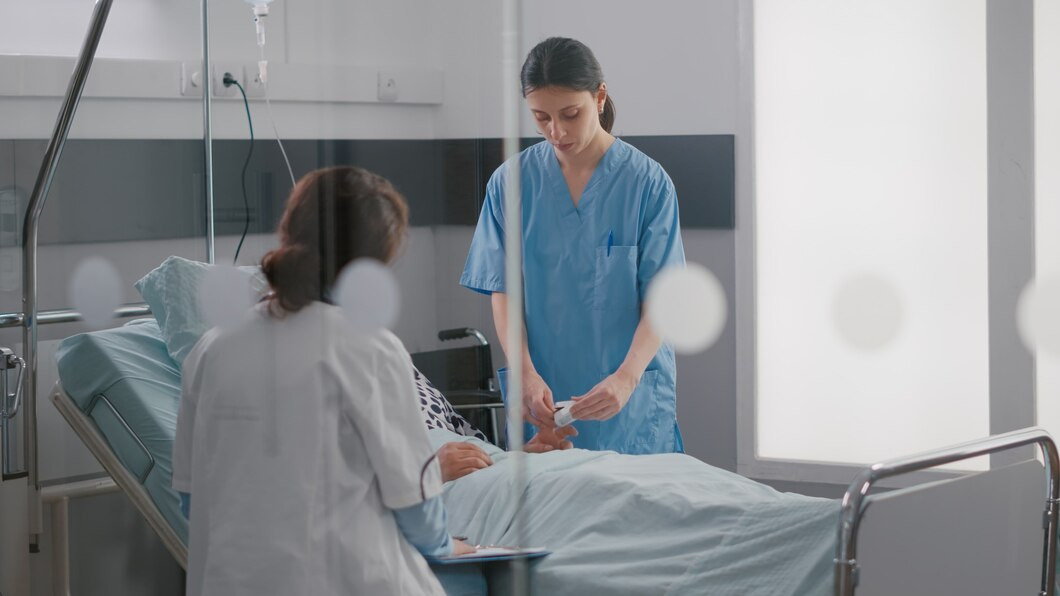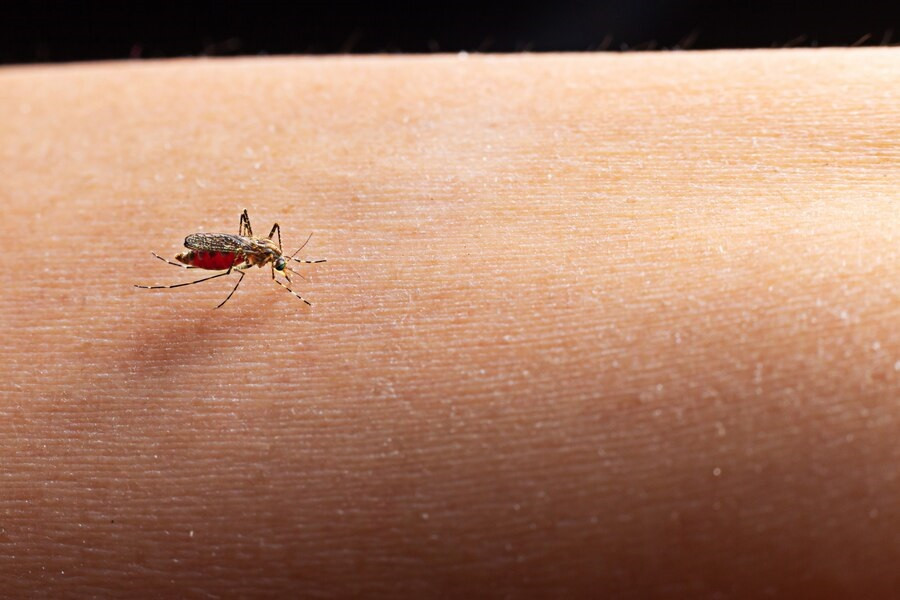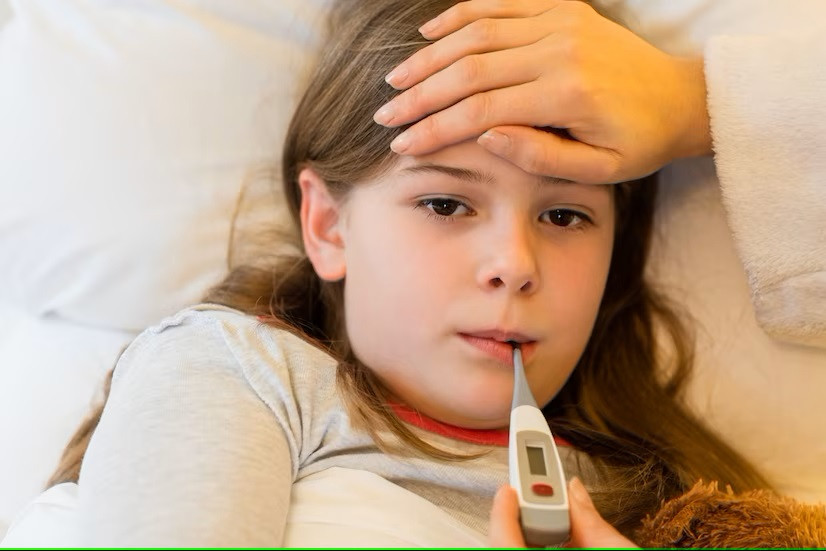Dengue fever is an infection caused by the dengue virus and transmitted by mosquitoes. Since dengue fever is more common in tropical areas like Indonesia, you should be aware of its infection when visiting tourist attractions during your vacation.
Dengue Fever and its Symptoms
You can get infected with dengue fever when bitten by a mosquito carrying the dengue virus. The virus then enters the bloodstream and causes infection.
The spectrum of symptoms of dengue fever varies. The infection can cause no symptoms at all, cause fairly mild symptoms, to very severe symptoms. The initial symptoms of dengue fever are also very similar to the flu so many people underestimate them.
Dengue fever is commonly referred to as a horse's saddle. This means that the first 3 days the patient can have a high fever of up to 40°C, then although the body temperature drops the patient actually enters a critical phase for several days. Usually on the sixth and seventh day the temperature rises again and the patient enters the healing phase.
In addition, there are some other symptoms when you have dengue fever, namely:
- Headache
- Abdominal pain
- Nausea or vomiting
- Joint, muscle, or bone pain
- Reddish skin rash
- Appetite loss
In most cases, people will recover on their own within a week. However, in some cases when there is a leakage of blood vessels, the symptoms can worsen and even become life-threatening. This condition is referred to as dengue fever to dengue shock syndrome.
Preventing Dengue Infection while Traveling
Being a tropical country, Indonesia is at risk of having dengue virus-carrying Aedes aegypti mosquitoes in some of its tourist spots. Since dengue fever is spread through mosquito bites, there are several ways to prevent dengue fever during your vacation:
Getting the vaccine
Dengvaxia is one of the dengue vaccines circulating in Indonesia, and is designed to protect against all four serotypes of dengue virus. The vaccine is given to children and adolescents aged 9-16 years, who have had previous dengue infection and live in dengue endemic areas. This vaccine is not recommended to be given to people who have never been infected with dengue virus before.
Dengvaxia is given in three doses over 12 months. Discuss with your doctor if you can get the dengue vaccine.
Avoid mosquito bites
Bring anti-mosquito lotion or spray while traveling, and use it especially when in open, bushy and vegetated areas. It is also recommended that you wear clothes that cover your arms and legs to prevent mosquito bites.
Selecting a place to stay
Choosing a place to stay is very important as one of the preventive measures for dengue infection. It's a good idea to check the reviews of the accommodation before booking it. Is the place clean? Is the place equipped with air conditioning and mosquito wire on the windows?
Make sure you choose a lodging room with a working air conditioner, protected windows and doors that don't have gaps for mosquitoes to enter.
If you are traveling with an infant or toddler, you can bring a bed net to provide additional protection while sleeping.
What to Do if You Have a Fever After a Vacation
Symptoms of dengue fever usually appear about 3-10 days after an infected mosquito bite. If you have a fever during this period, you need to take fever-relieving medicine, get enough rest, eat nutritious food, and fulfill your body's fluid needs well.
Please see a doctor immediately if your symptoms worsen.
Looking for more informations reagarding health tips, first aid, and other home remedies? Click here!
Writer : Agatha Writer
Editor :
- dr Hanifa Rahma
Last Updated : Kamis, 7 Maret 2024 | 09:13
CDC (2022). Plan for Travel. Available from: https://www.cdc.gov/dengue/prevention/plan-for-travel.html.
CDC (2020). Prevent Mosquito Bites. Available from: https://www.cdc.gov/dengue/prevention/prevent-mosquito-bites.html.
Mayo Clinic (2022). Dengue fever. Available from: https://www.mayoclinic.org/diseases-conditions/dengue-fever/symptoms-causes/syc-20353078.
Immunize.org (2022). Disease Issues. Available from: https://www.immunize.org/askexperts/experts_dengue.asp.











